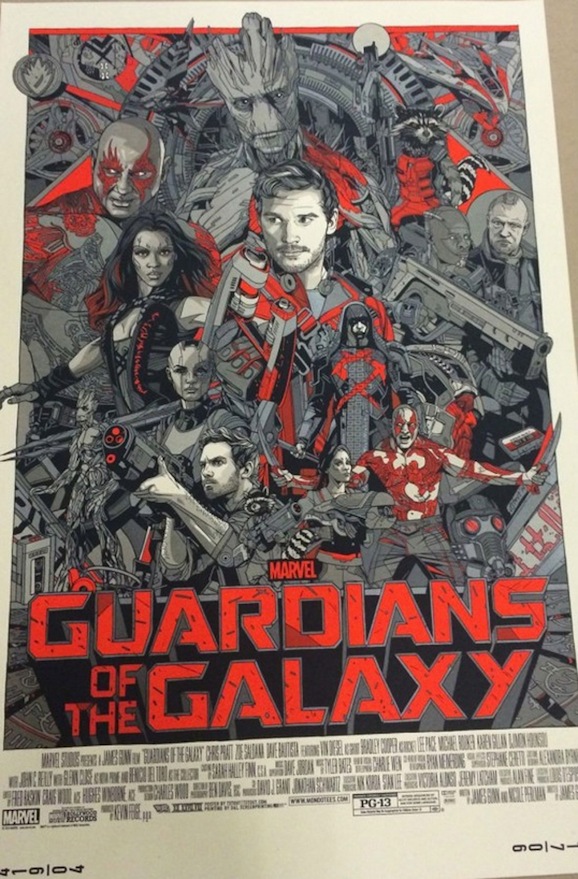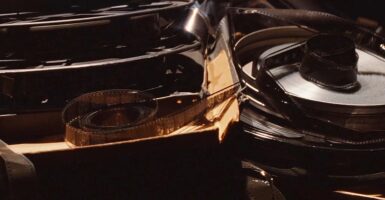Elijah Wood Strikes Out At The Most Popular Fan Art Company
Elijah Wood is upset over Funko's treatment of the legendary poster company Mondo.

Elijah Wood called out Funko, makers of the ubiquitous Pop! figures for their gutting of the famed movie poster division of Mondo, a company they acquired last year. Variety reports that Mondo, which started in Austin, Texas, was acquired last year by Funko for $14 million and was part of a 10% reduction in headcount announced by the company’s CEO, Brian Mariotti, adding to concerns that the brand might be in trouble. Wood, who also recently criticized AMC Theaters for unfairly targeting low-income families, lambasted Funko for its failure to grasp the vision of Mondo and to honor its artists and fanbase.
For his part, Elijah Wood is not alone in criticizing Funko’s move, which not only ends Mondo’s production of its sought-after, limited-edition, screen-printed posters in favor of larger print runs but also sees the firing of its founders, Rob Jones and Mitch Putnam. According to Variety, Illustrator and printmaker Daniel Danger of Tiny Media Empire similarly characterized the axing as a “travesty” and vowed to stay loyal to the “old guard” dismissed from the company in whatever venture they seek next. He also implied that all the other artists associated with the company’s poster production arm would likely do the same.
Elijah Wood bringing light to Funko’s apparent mishandling of Mondo shows the Yellowjackets star’s priorities toward the kind of fan connection he sees as exemplified by the company’s small-run posters. Funko counters that these limited editions limit the number of fans who have access to the art and that the company would be better served by creating larger poster runs, leading to a reduced premium but a more widely available product. They also say Mondo’s production of vinyl records will be increased.

The critique brought by Elijah Wood and others against Funko will surely be echoed by at least some of Mondo’s customers, who will retaliate against the move by taking their business elsewhere, particularly by following Putnam, Jones, and company, as Danger suggests. While a poster can be made by fans, like the one recently produced for Indiana Jones: The Tales of Short Round, or for fans, like the one for the new Flash movie, it serves as an artistic bridge between the film and its audience, often inspiring more than just ticket sales and helping a fandom endure. Whether or not that art should be held in a premium space is up for debate as movie posters have long been widely available in mass-produced print runs, but it was the premium nature of the Mondo prints that made them so unique, and the move toward larger runs might be seen as valuing profits over quality.
Elijah Wood seems to believe that as Funko changes the business model for poster production at Mondo, the company has lost sight of the vision its founders had, and their ouster is an argument that he is correct. There is certainly something to be said for making posters more widely available, but many seem to think this move violates the spirit of what has made Mondo’s posters famous. The balance between art and commerce must always be struck, and perhaps there is a future that will see a turnaround for Mondo’s former employees and artists, but for now, we wonder whether Funko’s connection with some fans might start to go “Pop.”












